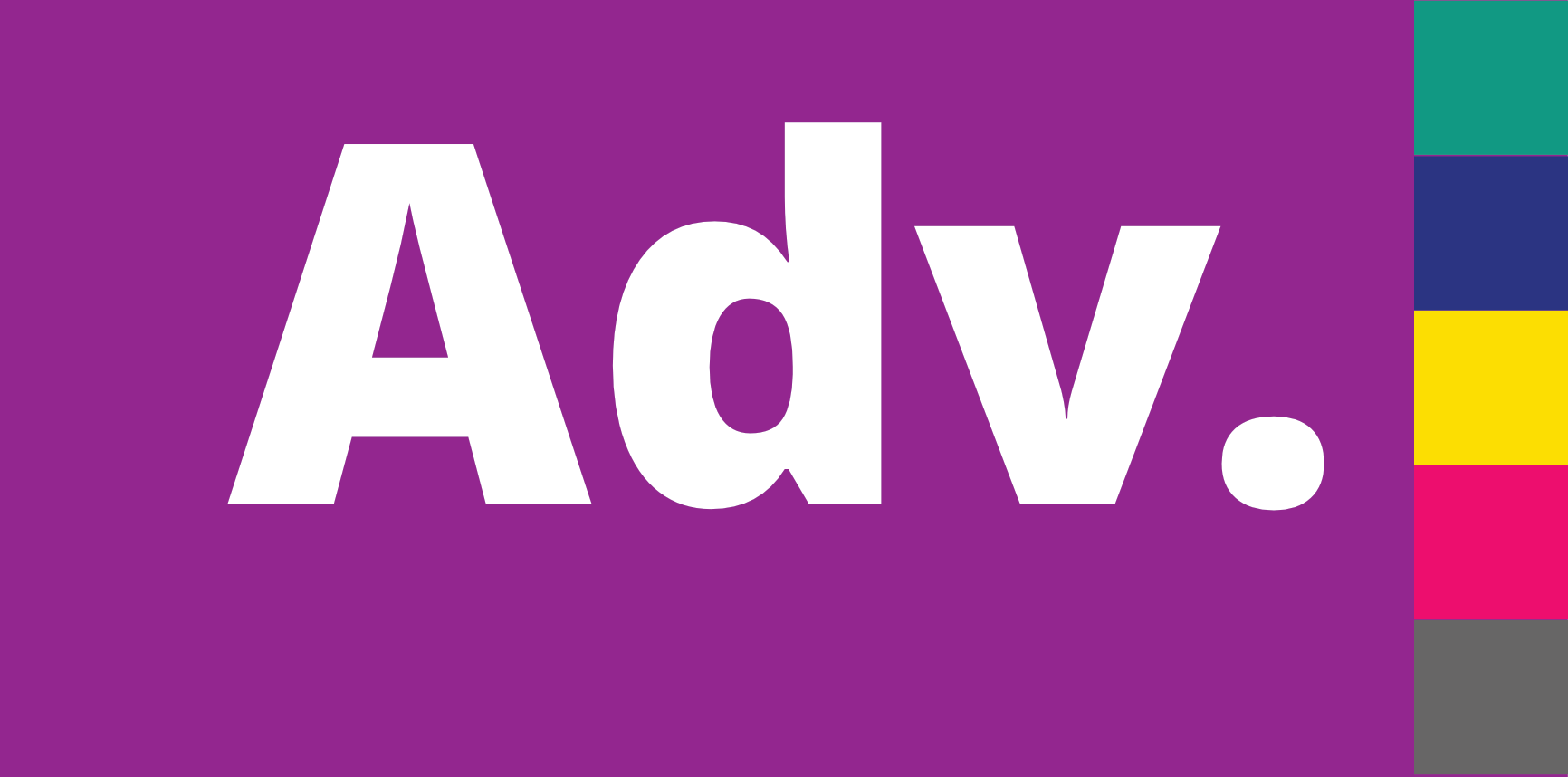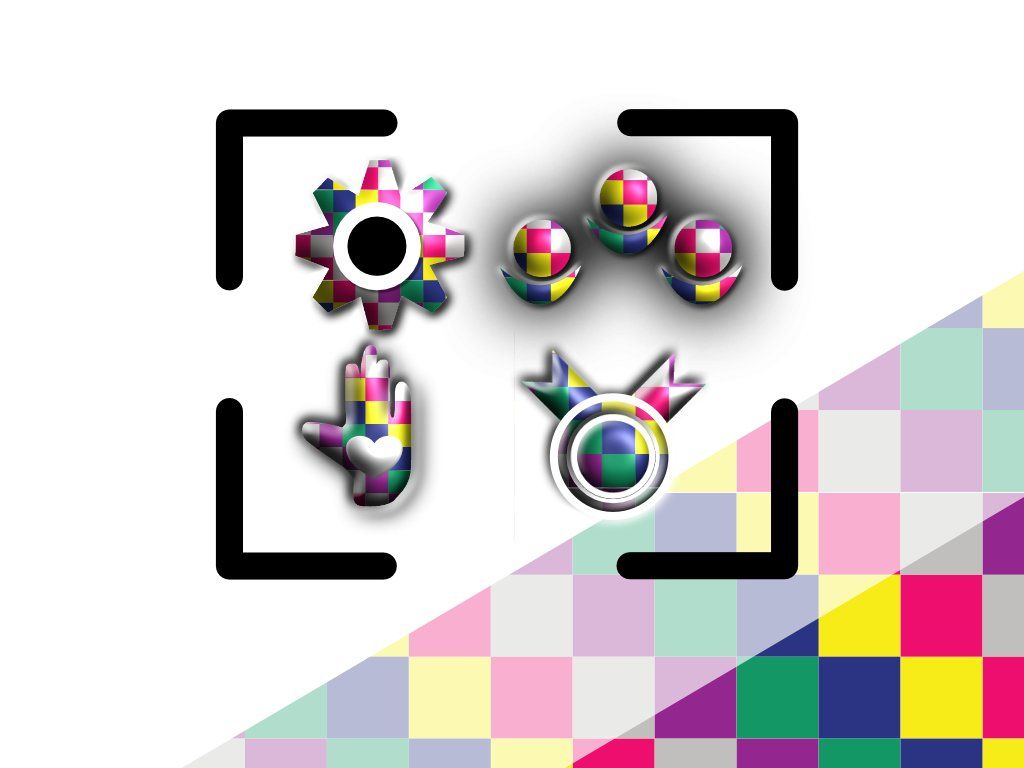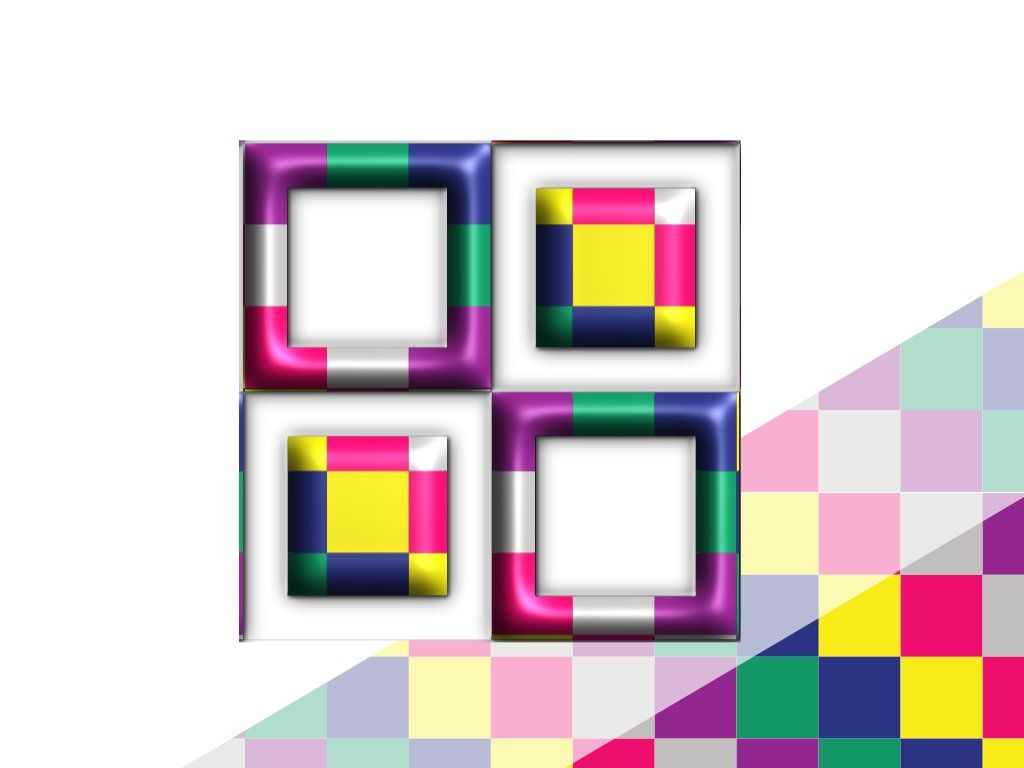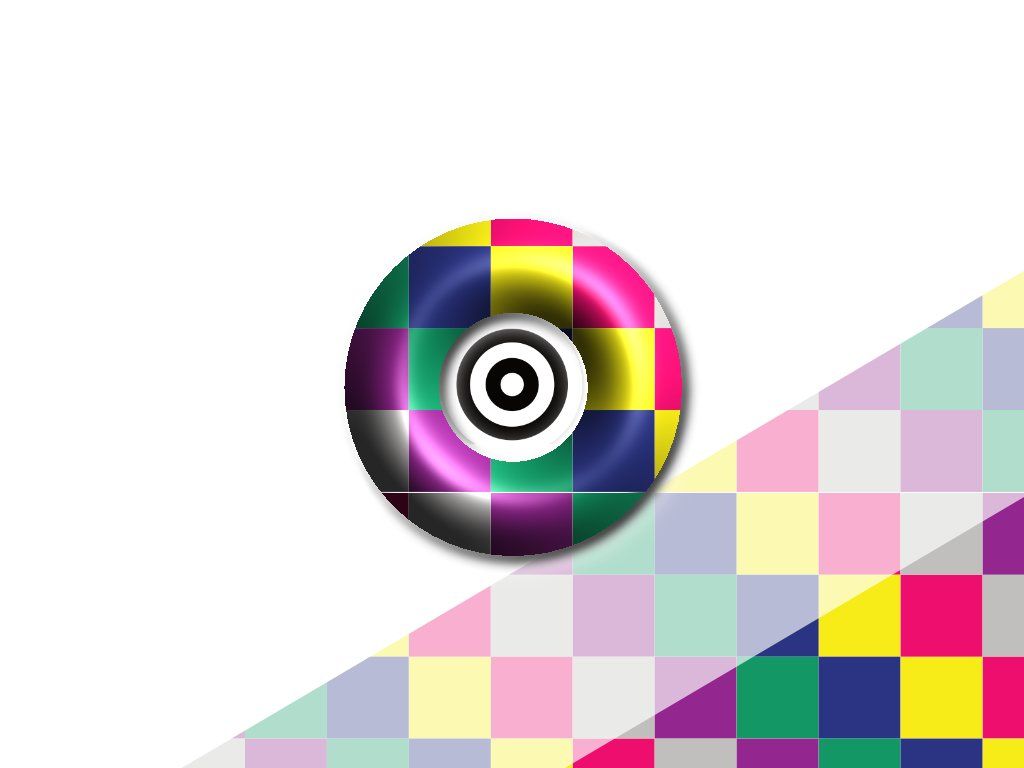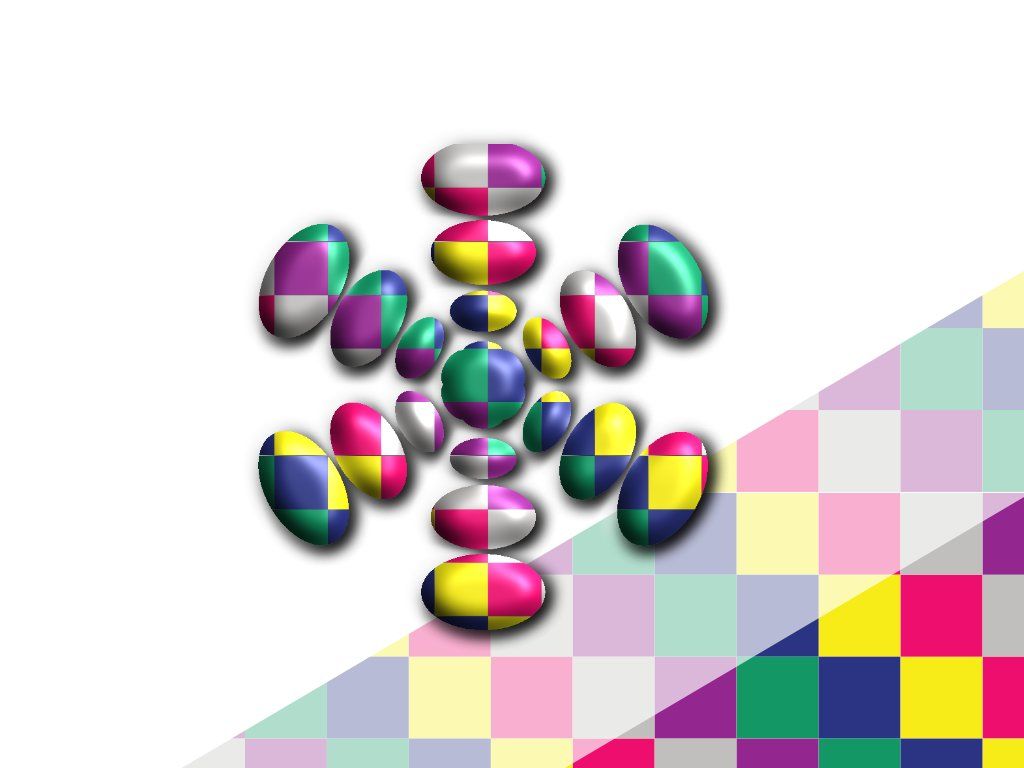
This element of the project is about showing your appreciation & respect for their efforts to be adjustable no matter great or small and to do the right thing. (this includes standing up for themselves & challenging things if they think something is not right) and do not ever use their differences which makes them shame.
This doesn't just apply to work, education and communities but also to family, friends and relationships.
Background Information
Many people do associate people with their difficulties negatively with a distorted picture based on perceptions.
Society needs to stop focusing on hidden differences in perceptions. They have a right to exist in society and no one should see their misperception to make them feel shameful or not the old fashion attitudes out of sight out of mind.
Regardless of any perceptions, a person with invisible difficulties can be a valuable member of society, therefore they should not feel different, be discredited or made to feel ashamed.
Instead, realise their positive strengths, and passions and be aware of how they can be beneficial to your communities, workforce and even with family, and friends through all parts of society.
To enable a person with differences to be a positive part of relationships, communities, working environment and the rest of society, we must value and appreciate a person with differences especially when they are attempting to maintain their sense of purpose.
This means their place in society should never be made to feel ashamed when seen in education, work, volunteering and in local communities.
This does mean having a change of attitudes and perceptions through any environment when a person with differences is present. it is essential to see a person beyond perceptions and presumptions. Also not making any references with stereotypes and negative innuendo.
Examples include:
Not to cause shame or to trivialise when a person with differences are are seen at particular environments. One of the are unnoticed areas that are damaging is trivialisation attitudes, negative gossiping and making fun of the presence. Also, resentments and jealousy can lead to hostility and shaming. If this kind of attitudes get ignored can lead to abuse and, discrimination and hatred. This can be very damaging and can lead to damaging alienation.
However unsupportive dismissal and sidelining attitudes such as "get a grip" and "deal with it" is not only unhelpful can make the problems worse and force a person with differences to stop being seen. So a person with differences must be supported, valued and appreciated. This means any negative attitude needs to be challenged and intervened.
Instead, we need to see the potential with the strengths and positive attributes. However, they must not be exploited by taking advantage of.
Main points
No one should use a person with differences to make them feel ashamed for existing or to be seen in society
They should not be made to apologise or be made to justify themselves for other people intolerance or impatience
They should not be defined by stereotypes and misperceptions
Be aware they have many strengths and qualities which should be respected, praised & encouraged.
If they doing something or made changes to better their ability quality or skills the should be respected and acknowledged
Their dignity and human must be respected and taken seriously and never use their specific difficulty or their misperception to violate this
No one should see a person with invisible difficulty as toxic or a threat
Tips
* Avoid to use their difficulties to be hostile or impatient.
* Remember a person with differences have a limitation of certain abilities and coping mechanisms so do not use their difficulty as a blame.
* A person with hidden differences should not made to be feel shameful for existing.
* Also of they making an effort and attempting to gain friendships don't use their misperception & their difficilities and misperceived judgement to discredit them. Also not to make a different excuse use their difficulties to reject them for a different excuse. Otherwise they think you are deliberately exploiting and undervaluing them.
* Avoid making lectures that their experiences in the minority and make references of naive and out of touch. They are likely see this as belittling.
* If you don't have understand and this person is trying to explain to help your understand, never used this to create argumentative tensions by dismissing what they telling or lecture them to understand the rest of the world perspectives other than theirs. This can make them feel inadequate for the wrong reasons.
Futher information

Zero Toxic
The information project against prejudice, bullying, discrimination and hatred
Discover the other Advantage elements
This project shows is part of Plus Value Awareness commitment in supporting the annual awareness events throughout the year including: Neurodiversity Celebration Week, World Autism Acceptance Week, World Autism Awareness Week, ADHD Awareness Month, Dyslexia Week, Dyspraxia Week and International Day of Disabilities.

Explore more
Visit the Diverse Advantage page for a bitesized version of the project
via the Diverse Differences feature
The description “Hidden Differences” are used for this initiative which covers independent, intelligent and articulate adults and young people who live with specific difficulties which as hidden and would not be visually obviously at first impression. The examples including memory, on the spot thinking ability, communication, reading, writing & calculation. These example above mainly relates certain people with Autism (at moderate and high-functioning level), ADHD, Social Anxiety, Dyspraxia and Dyslexia. Click here for more details .

